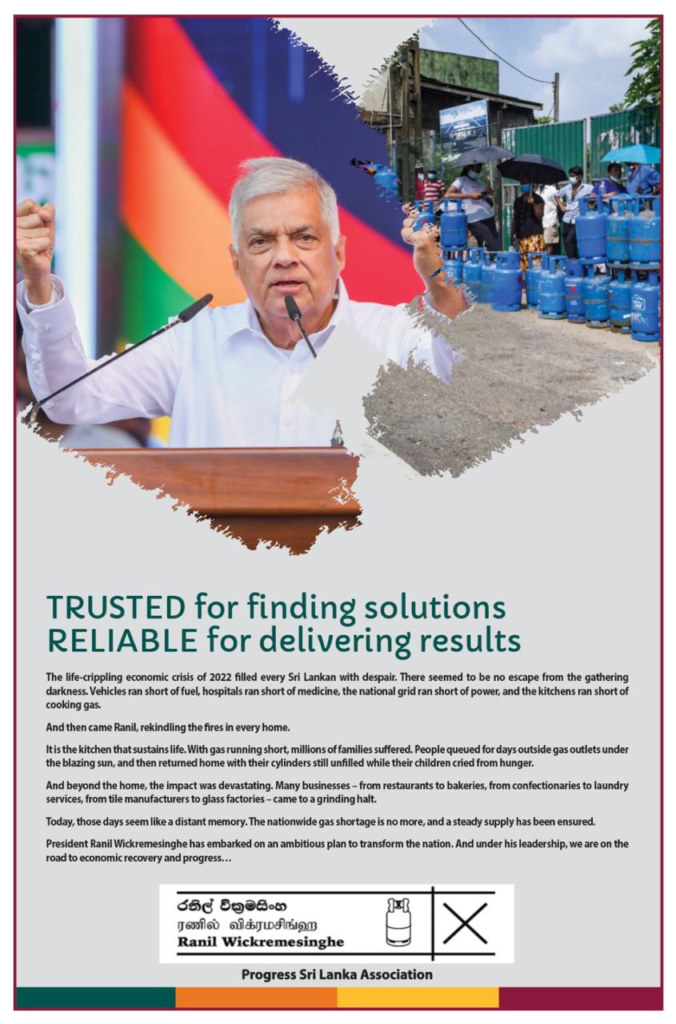September 07, Colombo (LNW): Sri Lanka is advancing its sustainable finance landscape, with the private sector playing a pivotal role in shaping the country’s business future.
The recent Sustainable Finance Week concluded with a strong emphasis on collaboration among the private sector, UN agencies, the UN Global Compact, and financial institutions.
This event underscored the importance of long-term engagement and knowledge sharing, urging businesses to adopt proactive sustainability measures.
Azusa Kubota, the Resident Representative of UNDP in Sri Lanka, highlighted the transformative potential of sustainable finance.
She stressed that in today’s evolving business environment, driven by climate change, resource scarcity, and changing societal values, integrating sustainability into business strategies is no longer a choice but a necessity.
Kubota emphasized that aligning economic prosperity with sustainability is crucial for future success.
The event showcased the benefits of embedding sustainability into daily business operations. Sri Lankan companies that adopt sustainable practices can attract ethical consumers, enhance brand reputation, comply with emerging regulations, and tap into sustainable investment opportunities.
The United Nations Development Programme (UNDP) in Sri Lanka, in collaboration with the Colombo Stock Exchange (CSE), Ceylon Chamber of Commerce (CCC), United Nations Global Compact Network Sri Lanka (CNSL), and UNESCAP, organized a two-day workshop during the Sustainable Finance Week in Colombo.
The workshop aimed to address the urgent need for businesses in Sri Lanka to integrate sustainability into their strategic frameworks.
Punyamali Saparamadu, Senior Vice President – Commercial at the Colombo Stock Exchange, emphasized the need for capacity building in Environmental, Social, and Governance (ESG) frameworks.
She pointed out that while there is significant interest in green bonds, many companies lack clarity on how to proceed. Saparamadu noted that strong ESG frameworks not only enhance a company’s reputation but also help mitigate risks and reduce capital costs in the long term.
Throughout the workshop, experts led interactive discussions to help the private sector better understand and implement sustainable practices.
Participants learned about aligning with the Sustainable Development Goals (SDGs) to unlock business opportunities, gained clarity on sustainable finance concepts, and received practical advice on integrating sustainability into their business models and investment portfolios.
Rathika de Silva, Executive Director of the United Nations Global Compact Network Sri Lanka, emphasized that sustainability is a business imperative, not just a buzzword.
The event also covered topics such as green bonds, corporate bond issuance, and sustainability disclosures. Participants gained technical expertise in ESG frameworks and Impact Measurement and Management (IMM), and the workshop fostered networking and partnerships for future collaboration.
Sanjaya Ariywansa, Chief Economist at the Ceylon Chamber of Commerce, remarked that Sri Lanka has significant potential for sustainable growth, but challenges remain. He highlighted the private sector’s crucial role in driving this growth by measuring and managing their environmental and social impacts while accessing sustainable finance




